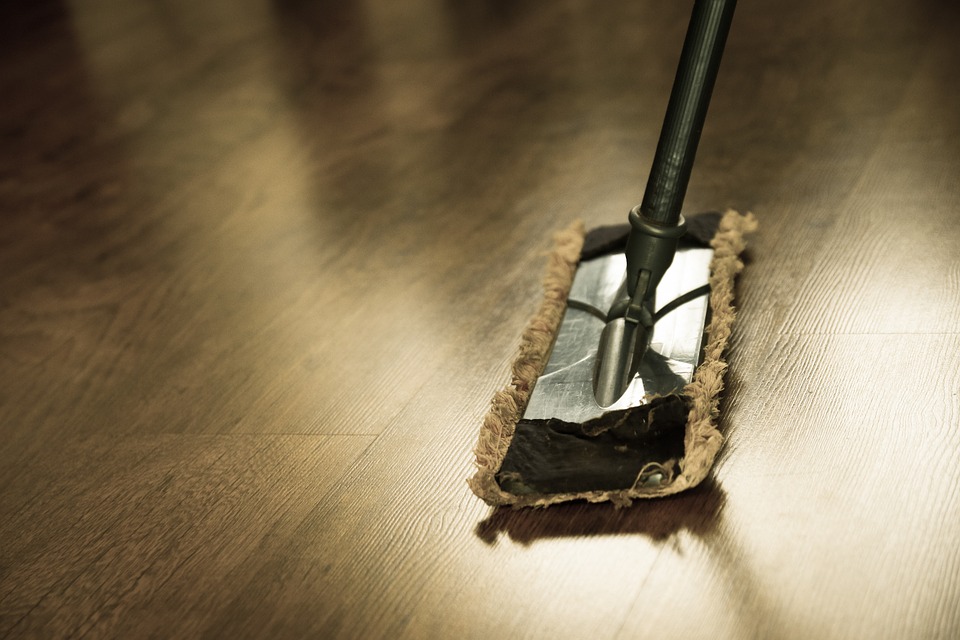Last week we looked at how clean your office is on a bacterial level and we found out that the results shocked a lot of you. This week research by LondonOffices.com have found six office items harbouring harmful bacteria.
Office workers are being warned about the items in the workplace that are most likely to harbour and spread harmful germs and bacteria.
The commercial property experts at LondonOffices.com have researched and revealed six pieces of common workplace equipment that have the capacity to carry and spread the most germs.
Unsurprisingly, a single office desk surface can contain over 20,000 germs per square inch – but pens and paper can carry a fair amount too.
Chris Meredith, CEO of LondonOffices.com commented: “The average UK office worker will spend around 81,000 hours, or the equivalent of a full nine years of their lives at work – so it’s no wonder that offices are teeming with germs and bacteria.
“Sometimes, staying away from a colleague who’s sick simply isn’t enough because chances are, they’ve left their germy marks on a variety of office equipment and supplies in the run up to their illness anyway.
“Of course, we all need to be exposed to a certain amount of bacteria in order to build up our bodies’ natural resistances, but we could definitely try harder to live and work cleaner.
“Conscientious hand-washing, particularly before and after eating and after using the bathroom is one of the single most effective ways to reduce the spread of germs and diseases around the office.
“Additionally, you should be responsible for giving your work station a thorough clean every couple of weeks at least, and urge your colleagues to do the same. Many viruses settle on surfaces where they can survive for days, so it’s best to be vigilant.
“Keeping an anti-bac spray or some wipes in your desk drawer won’t do any harm either. This way, you’ll be more inclined to give your desk a quick wipe every couple of days”.
Phones
Because of how close we bring them to our mouths and ears, phones are prime culprits when it comes to harbouring and spreading harmful bacteria. Touchscreen phones are particularly bad and have been found to carry remnants of skin, nasal and gastrointestinal bacteria.
Keyboards
Imagine how many times your fingers hit the keys on your keyboard each day – worryingly, each strike deposits and picks up microorganisms. This is worsened in offices with multi-user computers as a greater range of organisms can be found. Many office workers also choose to eat lunch at their desks each day, so unless cleaned diligently and frequently, keyboards tend to be a haven for food particles.
Pens
How many times do you find yourself chewing the end of your pen whilst deep in thought? And how can you be sure that no one else will go on to use that same pen in the future? Not only do pens pick up bacteria from surfaces and dirty fingers throughout the day, the germs in your mouth and around your face – and those of your colleagues – are likely to be deposited too. Not to mention the people that like to stick pens behind their ears and in their pockets.
Paper
Paper, in various forms, will be one of the most circulated items of stationery in an office. Whether it be important meeting agendas or key training texts, the number of hands a singular document could pass through in just one day is shocking. And of course, each time it will pick up a variety of nasty germs from each person which are then passed from pillar to post.
Air-con units
Dirty air cons can harbour organic contaminants like bacteria and mould spores which can cause respiratory tract irritation and illness in people who are particularly susceptible. Unfortunately, simply wiping the unit down with anti-bac spray won’t help either. You’ll need to get on to the right people at work to make sure the unit is regularly cleaned professionally to stop infectious diseases like colds and flu from spreading around the office.
Printers and copiers
These shared machines will be used just enough to collect and distribute germs, but not quite enough to warrant cleaning regularly. The buttons and surfaces probably won’t have been wiped down in a while – if ever – but even a once-a-day swipe of disinfectant will be enough to cut bacterial transmission rates drastically.















